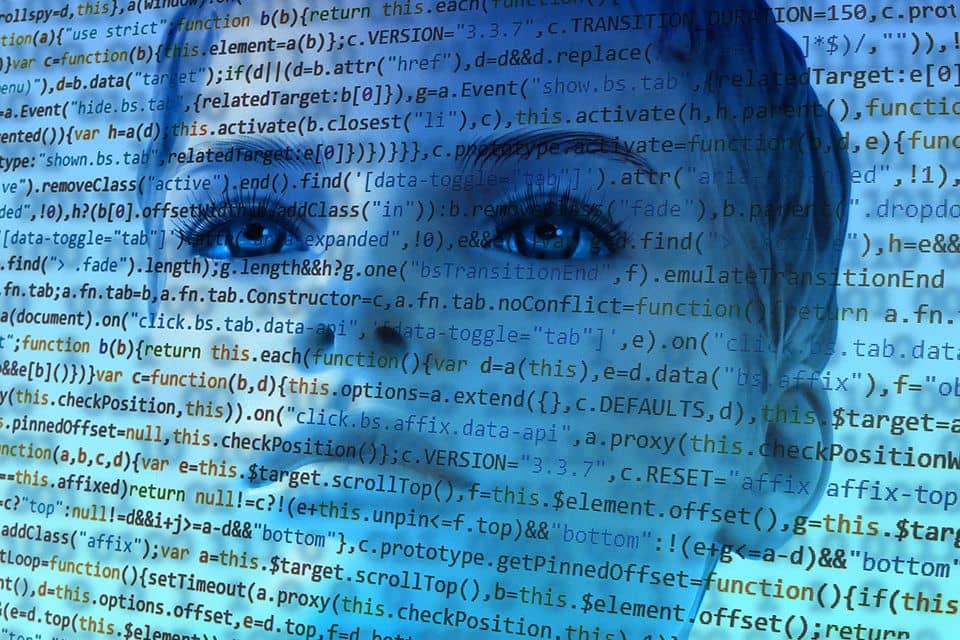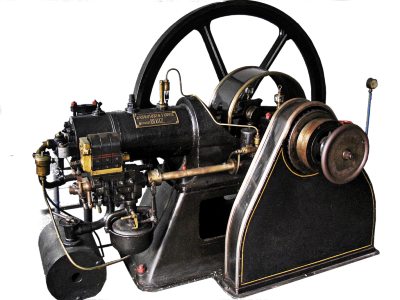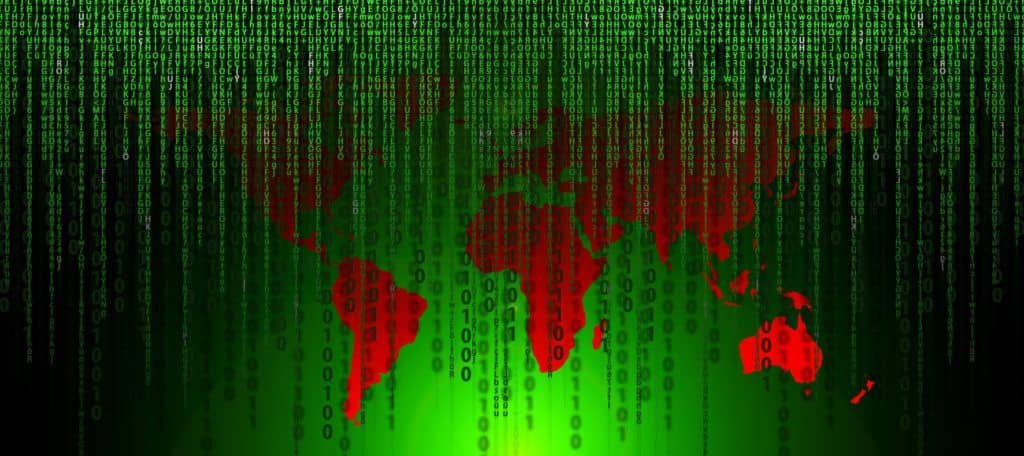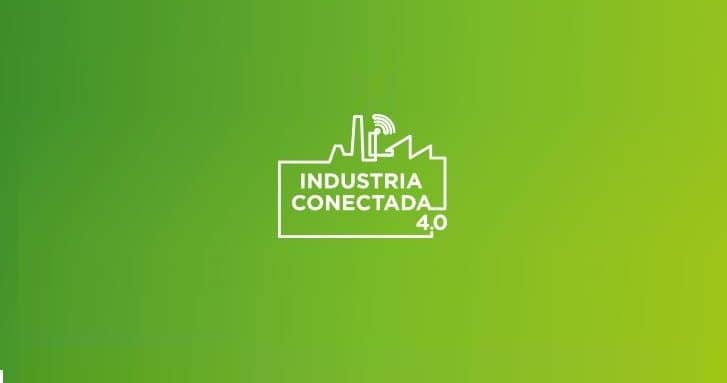
17 Jul Rieusset, Industry 4.0?
Have you heard of Industry 4.0? Do you know what it is? Do you know if it affects you? What it will imply?
Those of you who follow technological developments closely surely know what this means, what it entails and where it leads us – well, I’m not so sure about this point since changes are so fast that I believe that nobody, and least of all me, can stay ahead of them – but those of you who don’t know will get some answers to the above questions in this post.
Have you heard about concepts such as intelligent sensors, augmented reality, 3-D printing, Big Data, the Internet of Things, etc.? Yes? Well, congratulations because this is what Industry 4.0 is all about.
The concept of Industry 4.0 refers to the fourth industrial revolution.
Although I believe you know this, allow me to remind you that up to date we have endured –or enjoyed, depending on how you look at it– three industrial revolutions.

2nd industrial revolution: INDUSTRIALIZATION. This revolution was characterized by the use of electric energy and mass production on assembly lines.
3rd industrial revolution: AUTOMATION. This third stage involved automated manufacturing with the introduction of robots –which at the beginning replaced people in repetitive and dangerous tasks– as well as the computerization of companies.
So then, what is the 4th industrial revolution all about? Well, it consist of the introduction of digital technologies in industry that allow devices and systems to work together and with others, permitting to modify products, processes and business models.
Do you understand any of this? Don’t worry. Keep in mind that the 1st industrial revolution didn’t happen until 1800, the second one arrived after 1900, and the third one didn’t come about until 1980, with enough time between them to digest the changes they brought with them.
But this fourth one started in the year 2000, with changes within it that evolve again, without time to understand and assimilate them. All of this shakes the foundations of the organizations that should be on the lookout in order to adapt themselves to what is coming so that evolution doesn’t leave them out of the market.
And where is Rieusset?
We asked ourselves this question months ago and since we didn’t know how to answer it we contacted the Ministry of Economy, Industry and Competitiveness that has a self-assessment tool for evaluating your digital maturity: HADA (only Spanish versión)
This model was designed to help companies understand and get closer to the new paradigm of corporate transformation, getting us closer to the different dimensions and levers on which to act. I am not going to present you the dimensions or the levers here, but you can find the entire explanation on this subject in the following link.
So, with regard to Rieusset, the conclusion we reached from this self-assessment was that, among all the different degrees of digital maturity, Rieusset was at the level they call competent, which means that we are at an intermediate level. In other words, that we are a company that incorporates initiatives 4.0 in its strategy.
With all that, we are aware that there is still a long way to go, since although we are working with the most advanced technologies at the machinery level, we still haven’t incorporated some of the tools proposed by the paradigm of Industry 4.0.
We are talking about tools such as cloud computing, the Internet of Things, cyber security, social networks, collaborative platforms, big data, virtual reality, robotics, augmented reality, embedded sensors and systems, 3-D printing, etc. That’s a lot, isn’t it?
These are tools that, to the extent that we are able to use them, will allow us to carry out collaborative innovation, have connected and totally flexible productive means, integrate –finally– the supply chains, manage products that are “intelligent”, personalized and which are at the same time safe, creating new business models.
But what will the future hold?
Up until now we have tried to answer the questions that we asked ourselves at the beginning about what Industry 4.0 is all about and how it affects us, but if everything is so automated, will we lose workplaces?
Rob Atkinson, president of the Information Technology & Innovation Foundation, answered this same question in the year 2013 with a no. “When a machine replaces a worker, there is a second order effect: the organization using the machine saves money and that money flows back into to the economy. That money gets spent, which stimulates demand that other companies respond to by hiring more workers.”
In fact, in order to corroborate this we need only look at the world’s most automated countries (China, Japan, South Korea, The United States and Germany) which are countries with one of the lowest unemployment rates.
Therefore, what Industry 4.0 implies for the future is without a doubt an important change that will affect the way we live now. A further step in our evolution as a society.
To finalize, and if you still want more information about Industry 4.0, I invite you to have a look at a video made by the Engineering Department of the University of Deusto, in which the keys of this new phenomenon are explained. Here is the link so you can watch it (Spanish version). Can you imagine being the star of the next industrial revolution?
We hope we have been able to clarify a little bit what Industry 4.0 is and how to browse around it, and we look forward to hearing your comments so that we can continue to learn together.
| We Manufacture: | Meet Rieusset: |




